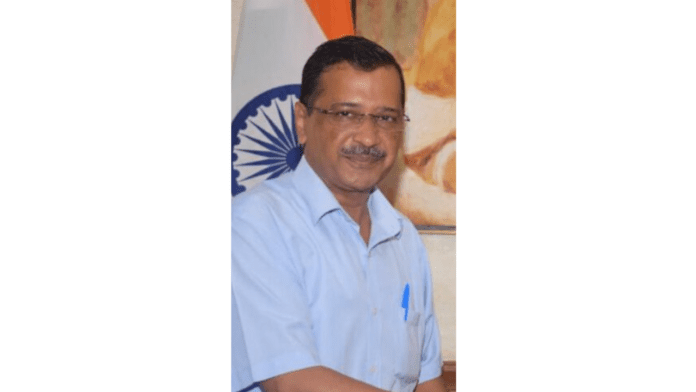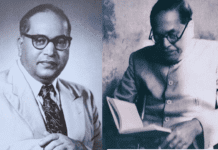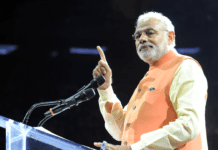Delhi Chief Minister Arvind Kejriwal was once again absent on Wednesday when the Enforcement Directorate (ED) issued a summons. The ED had summoned him for questioning in connection with alleged money laundering related to the expired Delhi Goods and Services Tax (GST) policy on both November 2 and December 21.
On both occasions, Kejriwal decided not to appear for questioning.
Why did Kejriwal not attend the summons?
In his defense, the Delhi CM cited reasons for his non-appearance, including his engagement in Rajya Sabha elections, preparations for Republic Day, and the alleged lack of transparency and accountability by the ED. He sent a letter to the ED expressing his willingness to answer any questionnaire sent to him.
Kejriwal’s defense:
#WATCH | On ED summons in liquor police case, Delhi CM & AAP leader Arvind Kejriwal says, "The truth is that there was no corruption. BJP wants to arrest me. My biggest asset is my honesty & they want to dent it. My lawyers have told me that summons sent to me are illegal. BJP's… pic.twitter.com/jLWmkZ2mxj
— ANI (@ANI) January 4, 2024
During this time, the Aam Aadmi Party (AAP) claimed that the summons were issued with the intention of arresting Kejriwal. The Chief Minister accused the ED of not accepting the detailed evidence provided in response to their notices. He accused the organization of embracing viewpoints that are arbitary and unaccountable, which he claimed contradict the legal, equitable, and just ideals that guide our nation.
What’s next for CM and the ED?
In this case, the next step could be the ED sending another notice or seeking a court direction for a warrant requiring Kejriwal’s presence for questioning. On his part, he has the option to knock on the court’s door to prevent any potential arrest by the ED and seek anticipatory bail. It’s worth noting that the ED has already arrested former Deputy CM Manish Sisodia and Rajya Sabha member Sanjay Singh in this case.
AAP’s plan:
In response to queries from journalists, party sources mentioned that they are considering legal options and will abide by the law. delhi’s CM did not appear for the ED summons on November 2 and December 21.
Why is the ED summoning Kejriwal?
The Supreme Court had questioned why the agency did not question AAP leadership in connection with the Goods and Services Tax policy case, while delhi’s CMalleged that the bribe was used for the Goa campaign, prompting the ED to inform the court about its intentions. To raise questions about the AAP leadership, preparations were made for Kejriwal’s summons.
The Supreme Court had provisionally accepted the ED’s allegation in this case that the Delhi liquor ‘scam’ generated a part of the alleged bribe of ₹338 crores used for AAP’s campaign in the Goa elections.
Interestingly, Kejriwal’s close associate and former Deputy CM Manish Sisodia claimed that they were not the ‘ultimate beneficiaries’ of the ‘income from crime,’ prompting the Supreme Court to question the role of AAP leadership in the ED’s investigation into the alleged scandal.
Between the claims of AAP’s arrests and Kejriwal’s non-appearance in the third summons for questioning in the Delhi Goods and Services Tax case, it has been a day. Yesterday, AAP said that Arvind Kejriwal is ready to cooperate with the ED but argued that the intention behind the summons is to make his arrest politically convenient.
Delhi | Security heightened outside the residence of Delhi CM & AAP leader Arvind Kejriwal
— ANI (@ANI) January 4, 2024
AAP Minister Atishi, in a post on social media X last night, claimed that they had information about the possible arrest of Arvind Kejriwal after a raid by the Enforcement Directorate at… pic.twitter.com/IlpkzbjOmy
The party also stated that the ED has not yet disclosed why Kejriwal has been summoned, whether he is a witness in the GST policy case, or an accused. The party further alleged that the central government led by BJP is conspiring to arrest Kejriwal to prevent him from campaigning for the Lok Sabha elections.
Prior to this, the ED had issued summons on November 2 and December 21, although Kejriwal had refused to appear before the federal agency on both occasions.
In the second summons, Kejriwal allegedly went for a 10-day ‘Vipassana’ meditation course at an undisclosed location and returned on December 30, while he did not take the first summons on November 2 and claimed that the notice was “illegal” and “politically motivated.”



